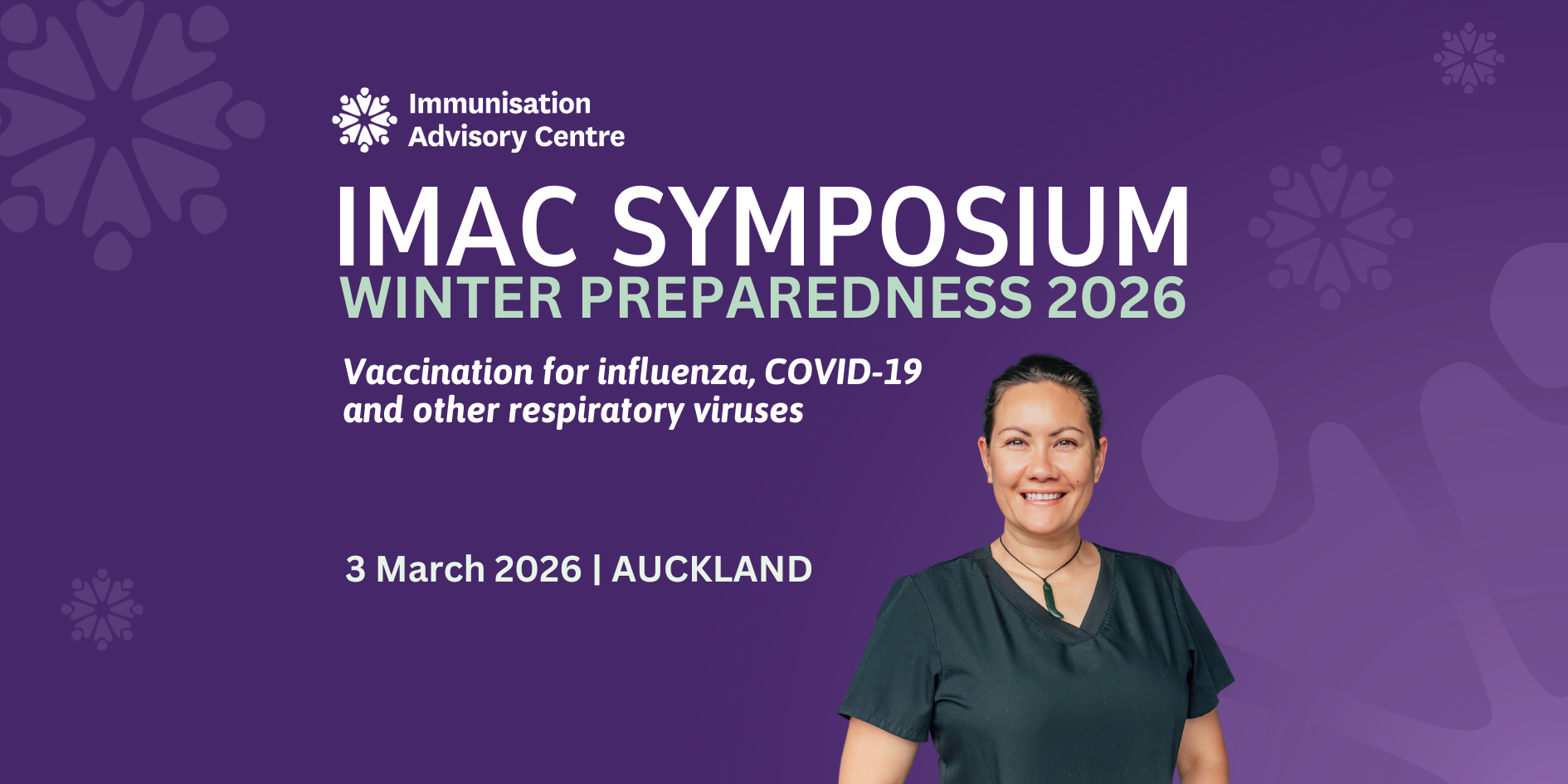COVID-19 vaccination programme dosage spacing to increase

Today the Government announced the COVID-19 vaccination rollout will be adjusted to increase spacing first and second vaccine doses. Bookings will now be at least six weeks apart rather than starting from 21 days.

Today the Government announced the COVID-19 vaccination rollout will be adjusted to increase spacing first and second vaccine doses. Bookings will now be at least six weeks apart rather than starting from 21 days.
Key points in brief:
- From today, new bookings made through Bookmyvaccine.nz and via the COVID Vaccine Healthline 0800 28 29 26 will default to six weeks between first and second doses.
- If you have already been fully vaccinated and had your two doses closer together than six weeks, then that is great news. You have received your best protection against COVID-19 (around 95 percent).
- If you already have vaccinations booked that are less than six weeks apart, you can keep your second appointment, or choose to change it. Either way, the important thing is that you get two doses of the vaccine to be fully vaccinated.
- There will be exceptions to a six-week gap and people can change the timeframe between doses to be shorter than six weeks. For example, someone traveling overseas is better to get fully vaccinated than to wait. However, vaccine doses must be at least 21 days apart.
Immunisation Advisory Centre Medical Director Nikki Turner says: “The Immunisation Advisory Centre supports this change which will help us ensure that everyone aged 16 years and up can quickly obtain partial protection through their first dose. This is critical to minimise the effects of a potential outbreak and support our COVID-free community status.”
Professor Turner explains that because the COVID-19 Delta variant is proving increasingly successful at spreading through unvaccinated people in other countries, the New Zealand population is currently highly vulnerable to a potential outbreak.
The increase in dosage spacing is also supported by evidence suggesting that a longer delay between first and second doses can elicit an even better immune response to COVID-19 overall, explains Professor Turner.
“This is because your body is given more time to continue building up really good quality antibodies before it is shown the vaccine again with a second dose.
“Much like if you are training for a marathon, the longer you have before the race to increase your fitness and build muscle, the better prepared your body can be (with the right training) to do its best when called to action.
“We are also aware that common reactions such as tiredness, headaches, fever are more common after the second dose, and potentially they may be not so pronounced with a longer interval.”
Professor Turner says those who have already had two doses 21 days apart can be reassured: “Regardless of the spacing regime, we can confidently say that the vaccine is highly effective with an excellent safety profile for both three-week and longer spacing regimes.
“The spacing interval for the same vaccine is variable across countries depending on their situation and chosen strategy. While many with high rates of COVID-19 such as the US deploy the three-week interval to ensure individuals have full protection as quickly as possible, other countries such as the UK have chosen more extended intervals to ensure as many as possible get partial protection quickly to reduce spread of the virus.”
“The important point is that the best protection against COVID-19 comes from receiving two doses of the vaccine.”
More information is available on the Ministry of Health website.

Trending News








